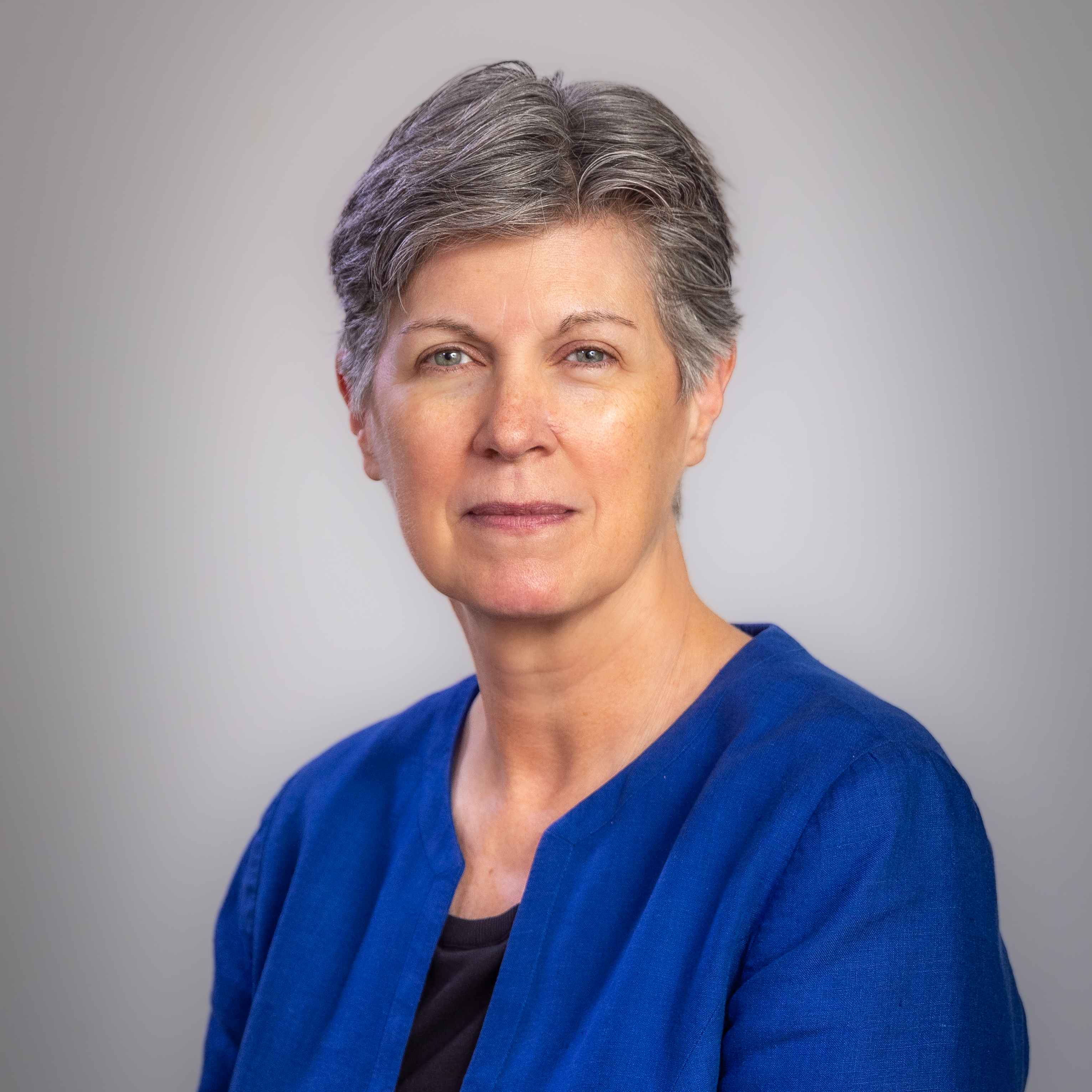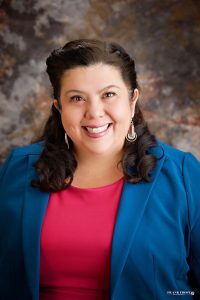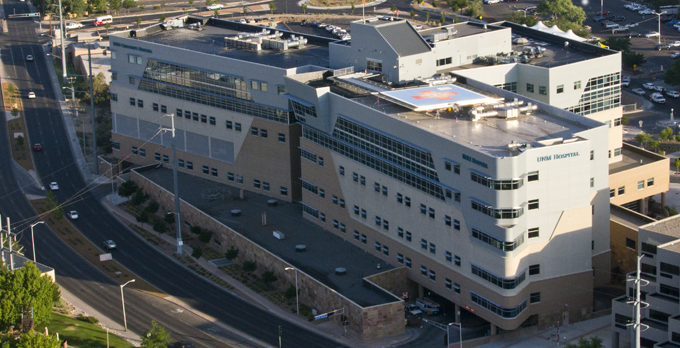Bernalillo County, N.M. — The University of New Mexico Hospital will hold a Community Listening Session on Monday, Aug. 26, at the Albuquerque International District Library. This event provides Bernalillo County District 3 residents the chance to share their thoughts, concerns, and suggestions with hospital representatives as they prepare for the upcoming vote on the extension of the UNM Hospital mill levy this November.
Event Details
When: Monday, August 26, 2024, from 5:30 to 7:00 PM
Where: International District Library, 7601 Central Ave. NE, Albuquerque, NM 87108
The listening session underscores UNM Hospital's commitment to prioritizing the health and wellbeing of our community. Feedback gathered during this event will help the hospital allocate resources effectively and address the most pressing health care needs. By engaging directly with community members, UNM Hospital aims to foster a transparent dialogue and ensure that all residents' voices are heard and respected.
Focus on Language Access in Health Care
A key focus of the session will be on language access in health care. UNM Hospital has made significant strides in providing language services to ensure all patients receive equitable care. Language barriers can lead to misunderstandings, reduced quality of care, and disparities in health outcomes. By offering translation and interpretation services, UNM Hospital strives to create an inclusive, culturally informed environment where every patient can communicate effectively with health care providers, regardless of their preferred language.

"Our goal is to provide safe, quality care to every patient, and that starts with listening to the needs and concerns of our community. We understand the importance of language access in ensuring that all patients receive the care they deserve, and we are committed to making our services accessible to everyone."
Benefits of Language Access in Medicine:
- Improved Patient Safety: Clear communication between patients and health care providers is essential for accurate diagnosis and treatment. Language services help prevent medical errors and ensure patients fully understand their health conditions and treatment options.
- Enhanced Patient Experience: Patients who can communicate comfortably in their preferred language are empowered to have an active role in their health care. They are more likely to feel respected and understood, fostering trust and strengthening the patient-provider relationship.
- Equitable Health Care Access: Offering language services ensures that all community members, regardless of their preferred language, have equal access to health care services. This is particularly important in a diverse community like Bernalillo County, where many residents speak languages other than English.

"This listening session is a vital opportunity for District 3 residents to share their concerns and suggestions directly with UNM Hospital. I encourage everyone to attend and engage in this important dialogue to help shape the future of health care in our district."
Community members are encouraged to join the listening session to learn about the strides UNM Hospital has made in creating better language access and to share their thoughts on how the hospital can continue to improve care for our community.
About the Mill Levy: The mill levy is a critical funding mechanism that supports the hospital's mission to provide comprehensive health care services to the community. Every eight years, Bernalillo County voters decide whether the mill levy will be extended. The upcoming vote in November will determine the continuation of this essential funding source.
About Bernalillo County: Bernalillo County is 1,160 square miles and is New Mexico’s most populous county with more than 676,000 residents. Bernalillo County government provides a wide range of public services to residents who live in Albuquerque, Los Ranchos and Tijeras with approximately 106,000 residents living in unincorporated areas of the county. Bernalillo County employs approximately 2,800 people and has an annual operating budget, capital investments and other funds of more than $1 billion. Elected officials include five county commissioners, assessor, clerk, probate judge, sheriff and treasurer.
